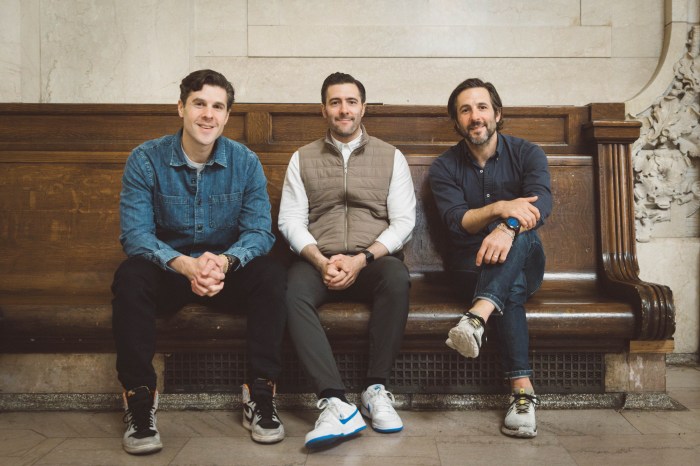 BY ARTHUR PICCOLO
BY ARTHUR PICCOLO
When we celebrate each Thanksgiving, we consider the day as commemorating the good harvest of 1621 enjoyed by the Pilgrims of Plymouth Rock, and their friendly relationship with the Native Americans in the region.
In fact, a similar but little known saga that took place near Bowling Green preceded the Pilgrim story by eight years, and could just as well be the inspiration for the Thanksgiving we celebrate today.
In November of 1613, Dutch explorer Adriaen Block and his crew, entered this unnamed harbor and moored their ship, the Tiger, in an inlet located where the World Trade Center Plaza would later rise.
As they stepped off their vessel they became the first Europeans to set foot on the island of Manhattan. As they explored what is now Downtown, their ship burned out of control down to the water line. Their ship — and all their provisions — were lost. Winter was setting in, they were alone and thousands of miles away from the nearest Europeans. It could have — it should have — been their end.
But they marshaled their courage, fortified themselves to the challenge, and built themselves four huts near what is today the corner of Broadway and Exchange Place. With the assistance of the local Native American tribes, the first European residents of Manhattan survived the winter in fine form.
In the spring, with help from members of the Native American Manhattoes tribe, Block’s crew built a new ship and sails from scratch. They named their new boat the Onrust (“Restless”), and sailed into the East River, on to Long Island Sound, and reached another smaller unexplored island which Block named after himself. (Block had it in his power to have named Manhattan Block Island but did not.)
After exploring and mapping his newly named Block island, they sailed back to Europe, never to be heard from again. Block and his crew have become an almost unknown footnote to very early American history, when their story is arguably more inspiring than the Pilgrims of Plymouth Rock and their good fortune eight years later.
Block’s story of survival and courage against impossible odds — stranded in a hostile environment with no provisions, weathering a cruel winter only with the help of Native Americans, and the crew’s indomitable spirit and endless resourcefulness in building a new ship the next spring — is a tale of Olympian proportions that deserves to be celebrated and remembered each year as an integral part of our Thanksgiving tradition, in this season of sharing, thankfulness and of goodwill to all Americans.
Arthur Piccolo is the head of the Bowling Green Association and co-founder of the Lower Manhattan Historical Society.





































